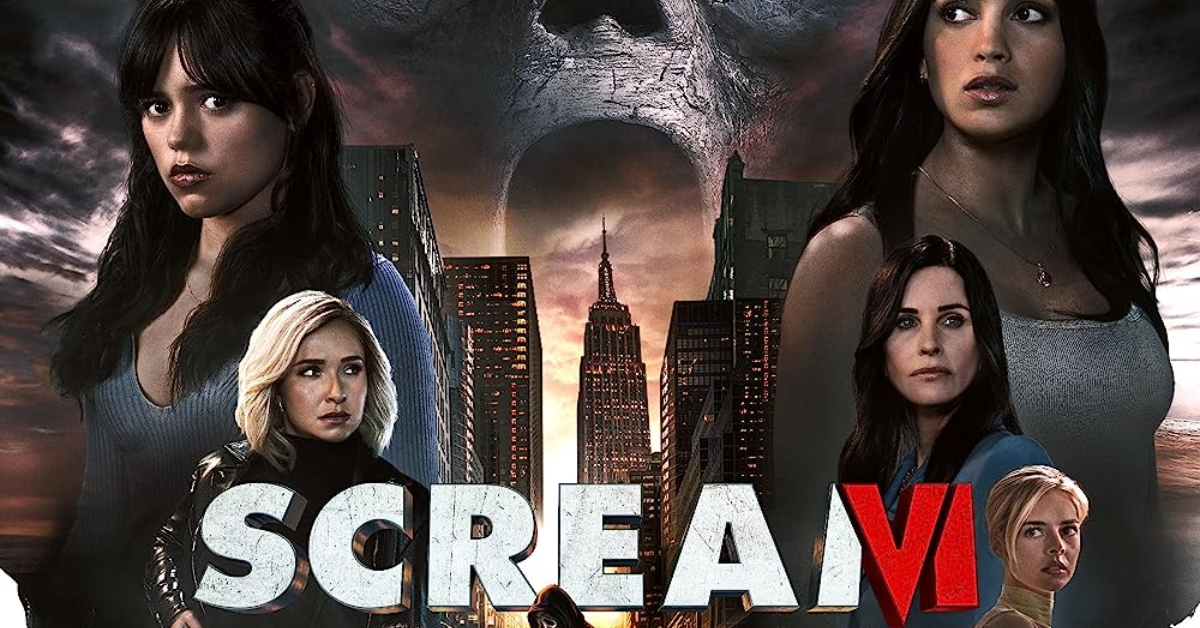Shuttle (2008) – A Ride into Terror
Shuttle is a tense psychological thriller that takes a seemingly mundane situation and twists it into a terrifying journey of fear and survival. Released in 2008 this indie horror gem preys on everyday vulnerability and turns a routine airport shuttle ride into a nightmare scenario that will leave audiences breathless.
The story follows two young women Mel and Jules who return from a vacation and board a late night shuttle bus back into the city. Along with three other passengers their ride begins innocently enough under the fluorescent lights of a quiet airport. But as the shuttle veers off course and communication with the outside world is lost it quickly becomes clear that something is terribly wrong.
The driver played with chilling calm by Tony Curran slowly reveals a sinister agenda. The once friendly bus becomes a mobile prison and the passengers are plunged into a game of psychological manipulation brutality and fear. With the city just out of reach and escape seeming impossible Mel and Jules are forced to rely on their wits and resilience to survive.
Shuttle excels in creating a claustrophobic atmosphere where tension builds relentlessly. Most of the film takes place within the confines of the bus and its industrial surroundings making the viewer feel just as trapped as the characters. Director Edward Anderson uses silence shadow and subtle pacing to amplify dread keeping the audience in a state of constant unease.
The performances are another standout element. Peyton List as Mel delivers a gripping portrayal of a woman pushed to her limits both emotionally and physically. Her descent from casual traveler to desperate survivor feels raw and believable. The film also explores themes of trust gender based violence and the terrifying reality of human trafficking adding disturbing layers beneath the surface of the thriller.
What makes Shuttle so effective is its grounded horror. There are no supernatural elements or cheap jump scares only the horrifying plausibility that something like this could actually happen. It taps into real world fears especially for women traveling alone or navigating unfamiliar urban spaces.
The film ends on a deeply unsettling note refusing to offer comfort or clear resolution. This decision cements Shuttle as a haunting experience one that lingers in the mind long after the credits roll. It is a slow burn but once it gets going it grips you hard and never lets go.



